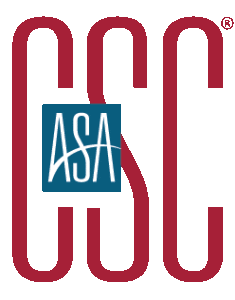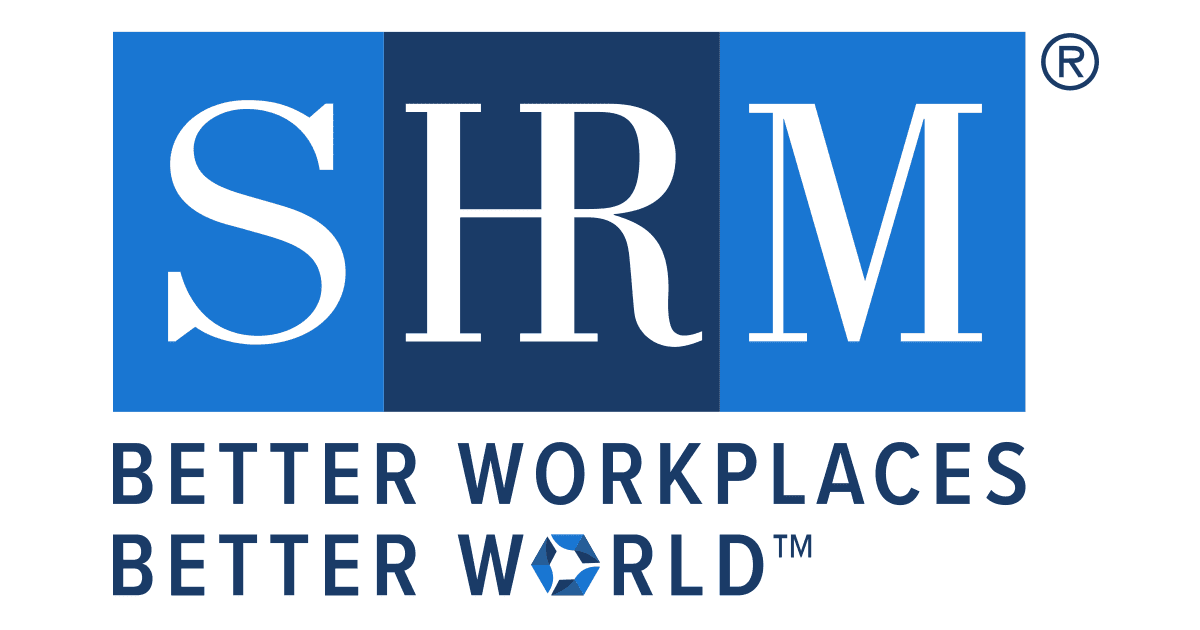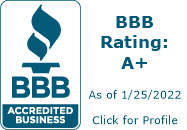
Almost 40% of Americans claim to have set New Year’s Resolutions this year, according to one poll, yet only 3% have written goals for self-development. There are plenty of ways that goal-setting can impact our lives, but self-improvement goals for work are one of the most neglected categories. If you’re curious about why self-development is important at work, take a look at this guide.
Why self-development is important at work: cultivating a work-life balance
Before we get into the details of setting and evaluating self-improvement goals for work, here’s a little piece of why self-development is important at work. Put simply, work self-development is a critical aspect of cultivating a work-life balance.
There are times when work becomes our primary objective and it may at times get in the way of an ideal work-life balance. In general, though, when we have a mindset focused on self-development, it’s easier to determine if adjustments should be made to maintain the balance. Active progress on self-improvement goals for work promotes a healthier lifestyle that helps ensure our work and other aspects of our life are in check with each other.

Start small and break your goals into achievable tasks
Self-improvement feels like a lofty task, but the good news is that you can work at your own speed. Setting self-improvement goals for work is more of a constant resolution than a one-time goal: you can always strive towards self-improvement. Rather than getting overwhelmed with all the aspects of why self-development is important at work, break down the nebulous idea into tangible, achievable goals that you can measure and apply more easily.
If your self-improvement goal is to “learn new things,” for example, that’s very broad and hard to measure. However, if you try to “write down one new thing I learned at work every day,” that’s both easy to measure and simple to apply. “Taking initiative” sounds great as a goal at work, but it’s a lot easier to keep a goal that calls for specific actions, like “offering assistance” or “asking for more responsibilities on a project.” The most effective self-improvement goals for work are the ones with built-in room to grow.

Work towards career aspirations
While it may be tempting to judge your success based on the progress or skill sets of others around you, we must strive to set self-improvement goals for work that are appropriate for each of us personally – and that includes acknowledging that the right goals for you may look very different than the ideal ones for your coworker. Self-honesty is a critical aspect of self-improvement. It is also crucial to have goals that will guide you toward your career aspirations.
Many people who find themselves in a temporary job miss the opportunity to use that position to grow and develop for the next step in their career. It can be extremely powerful to choose goals that intentionally prioritize where you want to go. For example, if you want to be a partner in a law firm, there are tangible steps to take such as going to law school and applying for positions, but there are also other practical skills you can improve while at your current position. Focus on soft skills such as cooperating with a team or sharpening your research abilities.
It helps to set goals by first focusing on your career aspirations, and then considering what smaller steps can help you get there. This means that you intentionally create your goals from big to small. In other words, look at the big picture and then dive into specifics. Similar to how it is important to engage in both long-term and short-term planning in our daily lives, we must define both big and small goals in the workplace. Self-improvement goals for work can vary from person to person based on many different factors. However, there are some common aspects to consider, including time management, emotional intelligence, active listening and a growth mindset. There may be certain attributes that will be specific or especially important to your career, such as a specialty in a skill-based profession.
Don’t be afraid to switch it up
When it comes to self-improvement goals for work, practice makes perfect. Don’t be afraid to tweak your goals based on your prior experiences. It’s important not just to measure progress towards meeting your goals, but also to evaluate the end result in terms of practical gains in the workplace. A goal to “improve your public speaking skills” may seem great. However, when evaluating the practical benefits of your efforts towards achieving that goal, you may recognize that you actually first need a goal to “learn to communicate clearly when presenting ideas to the team.” Your goals will be most effective when you carefully consider not just how you’re doing with them, but how they are working for you.










